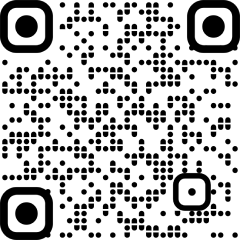
A potential cure for incurable diseases, Health News, ET HealthWorld
New Delhi: Nanotechnology is set to revolutionise the treatment of neurological disorders such as dementia, Parkinson’s, and Alzheimer’s disease. Researchers are focusing on creating techniques to navigate the blood-brain barrier, a critical hurdle in addressing these conditions. Outcomes from ongoing studies are expected within the next two to three years.
These insights were shared by specialists on Thursday at the pharmacology conference held at AIIMS from November 26 to 30. Nanoparticles operate on the principle of increased penetration at targeted sites.
“This approach could enhance medication delivery to the central nervous system by effectively traversing the blood-brain barrier in sufficient concentrations,” said Prof DS Arya, Head of the Pharmacology Department of AIIMS.
Dr Arya stated that nanotechnology represents the cutting-edge advancement in skincare treatments, marking a significant breakthrough in dermatological science. Currently, several products incorporating this innovative technology are available in global markets. “Traditional treatments often require oral medications when topical applications prove ineffective due to poor absorption, leading to potential side effects,” he said.
The key advantage of nanotechnology lies in its ability to enhance medicinal penetration by reducing particle size. This characteristic enables deeper absorption of topical treatments, particularly beneficial for addressing persistent skin conditions, including deep-seated fungal dermal infections, through external application methods.
Scientists have developed nanodrugs capable of penetrating cancer cells to destroy them effectively. However, this technology presents both benefits and risks. Researchers are actively studying nanotoxicology to understand potential harmful effects whilst ensuring these innovations are used safely and beneficially.
Prof Naranjan S Dhalla, Founding Director of the Institute of Cardiovascular Sciences, Canada, explained that most patients receiving anti-cancer treatments experienced adverse effects on their heart function. Scientists are currently developing nanotech-based medications that specifically target cancerous cells whilst minimising the impact on other bodily organs.
Dr Harlokesh N Yadav, Prof in the Pharmacology Department and the conference’s organising secretary, emphasised their objective to eliminate barriers amongst healthcare practitioners, enhance awareness of emerging discoveries, and highlight contemporary methodologies that will influence future healthcare developments.
Visit: Valley Vision News







